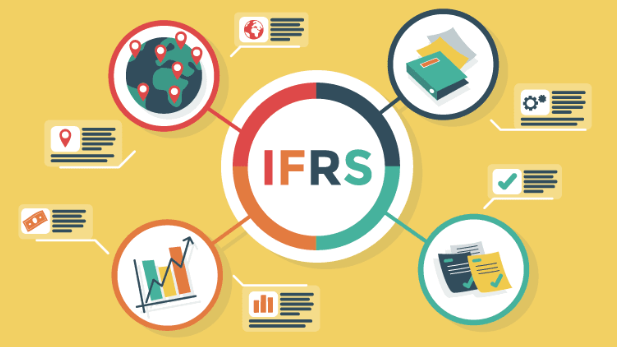As sustainability becomes an increasingly integral part of corporate strategy, businesses in the UK face growing pressure to disclose their Environmental, Social, and Governance (ESG) performance. The IFRS Sustainability Disclosure Standards, a global framework aimed at enhancing the transparency and comparability of ESG data, are now at the forefront of this transformation. For UK businesses, aligning with these standards is not just a regulatory requirement but a powerful opportunity to demonstrate sustainability leadership, attract investors, and improve corporate accountability.
What Are IFRS Sustainability Disclosure Standards?
IFRS Sustainability Disclosure Standards are guidelines set forth by the International Financial Reporting Standards Foundation (IFRS) to standardise ESG reporting across companies worldwide. These standards ensure that ESG disclosures are clear, comparable, and reliable, enabling stakeholders to make informed decisions based on consistent data. For UK businesses, adherence to these standards is key to aligning with global sustainability goals and meeting the expectations of investors, regulators, and consumers alike.
Understanding the Key ESG Metrics Under IFRS
To align with IFRS Sustainability Disclosure Standards, companies must focus on key ESG metrics that reflect their environmental impact, social responsibility, and governance structures. These metrics demonstrate a company’s commitment to sustainability and provide stakeholders with actionable insights into its overall ESG performance.
Environmental Metrics
Environmental factors are a core component of the ESG framework, focusing on how businesses manage their environmental impact. Under the IFRS standards, key environmental metrics to report include:
- Carbon Emissions (Scope 1, 2, and 3): Businesses must disclose their direct (Scope 1), indirect (Scope 2), and value chain emissions (Scope 3). The UK government’s net-zero target and EU emissions regulations make this metric particularly important for UK-based companies.
- Energy Usage and Efficiency: Companies must report their total energy consumption, broken down by renewable and non-renewable sources. Reporting on energy efficiency initiatives, like adopting energy-saving technologies, is also crucial.
- Water Usage and Waste Management: Transparency around water consumption, waste generation, and recycling rates is increasingly important. Companies must demonstrate efforts to reduce water usage and adopt circular economy principles.
- Biodiversity Impact: Companies should disclose how their operations impact local ecosystems and biodiversity. This is particularly relevant for industries like agriculture, manufacturing, and construction in the UK.
Social Metrics
- Labour Practices and Human Rights: Reporting on workforce diversity, equity, and inclusion (DEI) initiatives, as well as fair labour practices, is essential. Businesses should disclose their policies on preventing discrimination, promoting gender equality, and safeguarding workers' rights.
- Employee Well-being and Health & Safety: Companies must report on employee wellness programs, mental health support, and workplace safety measures. This metric is vital for compliance and reputation, particularly in the UK, where the Health and Safety Executive (HSE) plays a critical role in enforcing standards.
- Community Engagement and Impact: Businesses should disclose their involvement in community development, charitable activities, and local economic contributions. For UK businesses, this could include contributions to regional development and addressing local societal challenges.
Governance Metrics
- Board Composition and Diversity: Transparency around board diversity, including gender, ethnicity, and professional backgrounds, is vital. There is a growing emphasis on diversity and inclusion at the board level in the UK.
- Executive Remuneration and Pay Equality: Companies must report on executive compensation structures, ensuring that pay aligns with long-term performance and sustainability goals. Pay ratios are increasingly scrutinised, particularly between the highest-paid executives and the median employee.
- Anti-corruption and Ethical Conduct: Companies must disclose policies and practices to combat bribery, corruption, and unethical practices. This includes transparency in business dealings, supplier relationships, and anti-money laundering efforts.
Conclusion
The IFRS Sustainability Disclosure Standards provide a comprehensive framework for UK businesses to report on their ESG performance transparently and consistently. By focusing on key environmental, social, and governance metrics, companies can meet regulatory requirements, build trust with stakeholders, enhance their reputation, and drive long-term success in a sustainable economy.





Comments